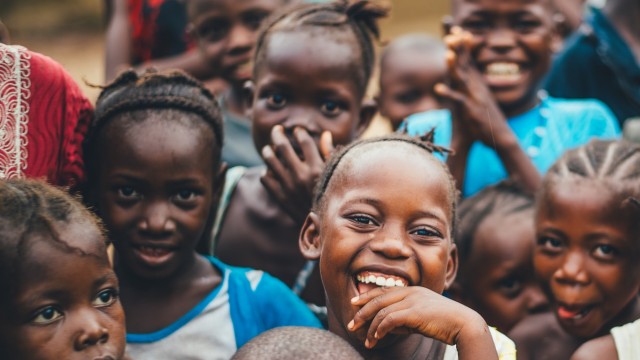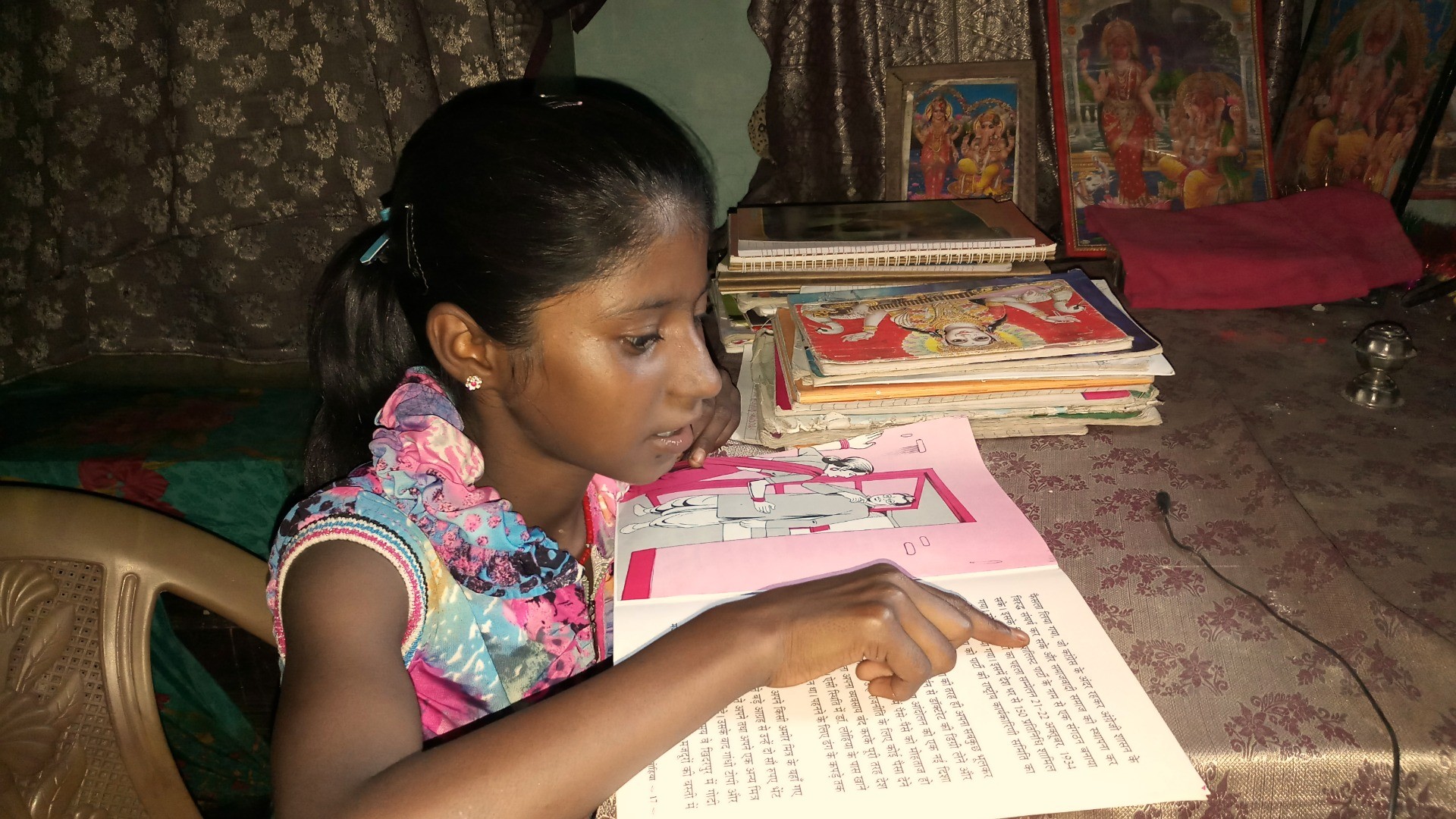One Drop celebrates Menstrual Hygiene Day with a new project in Mali

More than 800 million women and girls menstruate every day, yet the stigma surrounding menstruation often prevents them from unlocking critical educational and economic opportunities, which further contributes to long-standing discrimination and societal norms that reinforce prejudices and gender expectations.
Every May 28, Menstrual Hygiene Day aims to break the silence and build awareness of the fundamental role that adequate menstrual hygiene management (MHM) plays in enabling women and girls to reach their full potential in the classroom, the workplace, and at home. This year, Menstrual Hygiene Day recognizes that periods do not stop for pandemics. The ongoing health crisis serves to further highlight the urgent need to end period poverty and to transform the harmful social norms surrounding menstruation.
Recognizing that menstruation can impact the educational experience and choices of girls, particularly in low-income countries, we are proud to join forces with Global Affairs Canada for the new SCOFI (Scolarisation des filles, or Girls’ Schooling) Project in Mali’s Ségou region. Together, we are focused on breaking down harmful gender-based barriers in schools for adolescent girls.
Access to basic water, sanitation, and hygiene (WASH) is widely acknowledged as an essential part of a healthy learning environment. Schools offer a critical entry point for addressing MHM barriers, especially for adolescent girls who are struggling to manage their menstruation with dignity and confidence in school settings that lack adequate MHM support, not to mention private, clean, and safe WASH facilities.
Safe and inclusive WASH facilities in schools: A five-year plan
In Mali, according to a 2018 global baseline survey on the WASH situation in schools 1, only 20% of secondary education facilities have access to adequate, safe, and inclusive WASH facilities.
Over the next five years, One Drop will work with CowaterSogema International and its local partners on the ground – WaterAid Mali, the Forum for African Women Educationalists, and the Centre culturel Kôrè – to improve education outcomes for girls aged 12 to 15 in Mali’s Ségou region. The SCOFI Project will be implemented in close collaboration with Mali’s Ministry of National Education to ensure menstrual equity gains are sustainable. The project will make single-sex latrines a reality for female students; provide access to running water for washing and hygienic disposal of sanitary waste during menstruation; offer girls with disabilities provisions to manage their periods; and make menstrual hygiene products available in the local market by supporting female entrepreneurship. It will also address system-based challenges related to the effective and long-term operation and maintenance of school-based WASH facilities, as well as focus on educating girls and boys on menstruation at school in order to promote healthy habits and break the cultural shame around this natural process.
The A·B·Cs of promoting healthy WASH behaviours for MHM in schools
Empowering women and girls and promoting gender equality are fundamental to One Drop’s mission of ensuring sustainable access to safe water and sanitation for some of the world’s most vulnerable communities. We have long believed that promoting healthy WASH behaviours and addressing gaps in the local market for WASH products, including soap and menstrual hygiene materials like reusable or disposable sanitary pads, must be prioritized alongside making improvements in schools’ WASH infrastructure and governance.
Cognisant that menstrual hygiene cannot be addressed through traditional WASH interventions alone, our A·B·C for Sustainability™ model brings together three key components:
A (Access): Activities are focused on building safe, inclusive infrastructure and supporting the institutionalization of MHM-responsive WASH facilities. This often includes:
Access to gender segregated and differently abled toilet facilities
Allocation and training of cleaning staff for the facilities
Adequate facilities for the disposal of used menstrual absorbents
MHM education programs for staff, students and parents
Engagement of parents and school management regarding access to menstrual materials and the operation and maintenance of facilities
Linking with government schemes related to menstrual hygiene and products
B (Behaviour change): One Drop works with implementing partners and social art groups to deploy its unique Social Art for Behaviour Change™ (SABC) approach. Activities promote awareness around menstrual health and hygiene, break down cultural taboos and address the behavioural determinants driving harmful practices and social norms. These interventions bring together local Leaders of Change and influencers with social art products created with, for, and ultimately by communities and target groups.
C (Capital): Activities strive to establish a sustainable supply chain for menstrual products (e.g., manufacturing of reusable cloth pads) with a focus on supporting local women entrepreneurs or women’s economic groups.
Against a challenging backdrop of gender inequity in our countries of operation, One Drop is committed to working with our dedicated partners to facilitate the development of an enabling environment for MHM that can sustain meaningful change over time.
Today and every day, let’s remember to come together to end period poverty and guarantee clean water and sanitation for all by 2030.
1 WHO/UNICEF JMP Global WASH Baseline, 2018.
